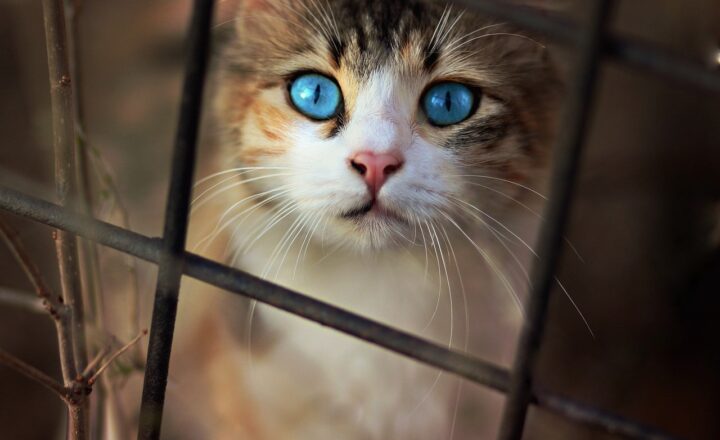
Modern superheroes are deeply embedded within our culture, embodying ideals, struggles, and powers that resonate with audiences worldwide. From the caped crusaders of comic books to the cinematic giants of the silver screen, superheroes often draw upon rich mythological backgrounds, reinterpreting ancient stories and symbols for contemporary narratives. In this article, we’ll explore how mythology has shaped the creation and evolution of superheroes, influences that span cultures, and the timeless themes that connect them across ages.
1. Origins of Superheroes
The modern superhero genre traces its origins to the late 1930s with characters like Superman, Batman, and Wonder Woman. These iconic figures emerged during a time of great social and political turmoil, reflecting the desires and fears of the populace. The amalgamation of mythological themes with modern storytelling was not coincidental; creators sought to establish powerful archetypes that could inspire and serve as moral compasses in a chaotic world.
In many cultures, mythologies feature heroes that possess extraordinary powers, face overwhelming adversaries, or embark on epic quests. This legacy of heroism provided a foundation on which modern superheroes were built. For instance, Superman can be viewed as the culmination of various messianic figures found in mythology and religion, embodying ideals of hope and divine intervention.
2. Archetypes and Their Influence
Many superheroes represent archetypes found in mythology, drawing from the work of psychologist Carl Jung, who suggested that these universal symbols are part of the collective unconscious.
- The Hunter: Characters like Green Arrow and Hawkeye embody the attributes of the mythological hunter, navigating their worlds with agility and determination.
- The Warrior: Wonder Woman exemplifies the warrior archetype, similar to figures from Greek mythology like Athena or Artemis, who exhibit strength and wisdom.
- The Trickster: Characters such as Spider-Man and Deadpool embody the trickster archetype, often using wit and humor to overcome obstacles, mirroring figures like Loki from Norse mythology.
These archetypes resonate with audiences, allowing for deeper connections as they engage with the characters’ journeys across battles of good versus evil. By evoking mythological tropes, superheroes can tackle complex themes like justice, sacrifice, love, and redemption in a manner that feels both relatable and timeless.
3. The Role of Mythology in Character Development
Mythology plays a critical role in the character development of modern superheroes. By embedding mythic elements into their origin stories, creators can imbue characters with greater significance. For example, Thor, drawn from Norse mythology, isn’t just a powerful warrior; his narratives explore themes of worthiness, familial obligation, and identity crises.
Similarly, the tragic backstory of Batman, rooted in loss and vengeance, mirrors that of mythic heroes like Achilles, who wrestle with personal demons even as they face epic foes. The psychological depth created through these elements allows for richer storytelling, extending beyond mere battles into explorations of moral ambiguity and existential dilemmas.
4. Cultural Myths and Modern Representation
The diversity of modern superheroes also reflects the impact of various cultural mythologies. As comic books and films gain global popularity, we see an increasing representation of superheroes inspired by non-Western mythologies. Characters like Shazam, who draws on the wisdom of Solomon, or Black Panther, who encapsulates the themes of African folklore, showcase how intertwined our worldviews are with myth.
In Asia, heroes like Monkey King from the *Journey to the West* or characters from *Japanese manga* integrate folklore with futuristic aesthetics, illustrating a blend of ancient and modern narratives. This cultural cross-pollination enriches the superhero genre, broadening its appeal and relevance across different societal contexts.
5. Themes and Morals: A Reflection of Humanity
Heroes are often tasked with navigating moral dilemmas that reflect the values and struggles of their times. Much like mythological tales that offer moral lessons, modern superheroes grapple with issues such as social justice, identity, and inequality.
Their journeys often mirror mythological narratives, where the hero faces a series of trials that test their character. The ethical quandaries faced by heroes like Superman and Captain America resonate with the challenges confronted by figures like Hercules or Odysseus, who too had their virtues tested. This connection allows audiences to draw parallels between ancient lessons and modern complexities.
6. The Future of Superheroes and Mythology
As we look towards the future, the evolution of superheroes will likely continue to intertwine with mythological themes. The rise of multimedia platforms allows for innovative storytelling that transcends comic books and films, potentially drawing on folklore from around the world and incorporating diverse narratives.
In the age of digital storytelling, there’s an opportunity for hybrid forms, where video games, interactive media, and animated series converge to reinterpret mythic stories through modern lenses. This not only revitalizes ancient tales but also allows new generations to engage with these age-old narratives in fresh, meaningful ways.
Conclusion
The influence of mythology on modern superheroes is undeniable. By drawing from ancient symbols and narratives, creators have crafted multi-dimensional characters that speak to the complexities of the human experience. As superheroes continue to evolve, they will undoubtedly carry forward the torch of myth, navigating new challenges while reflecting the timeless values and stories that unite us all.
Hearts and minds continue to be captivated by these tales of courage, resilience, and justice, ensuring that mythology remains a vital part of our evolving cultural landscape. As audiences, our engagement with these characters serves as a bridge, connecting our present with our collective past—highlighting that even in a world of high-tech advancements, the greatest stories are still rooted in timeless mythological truths.








